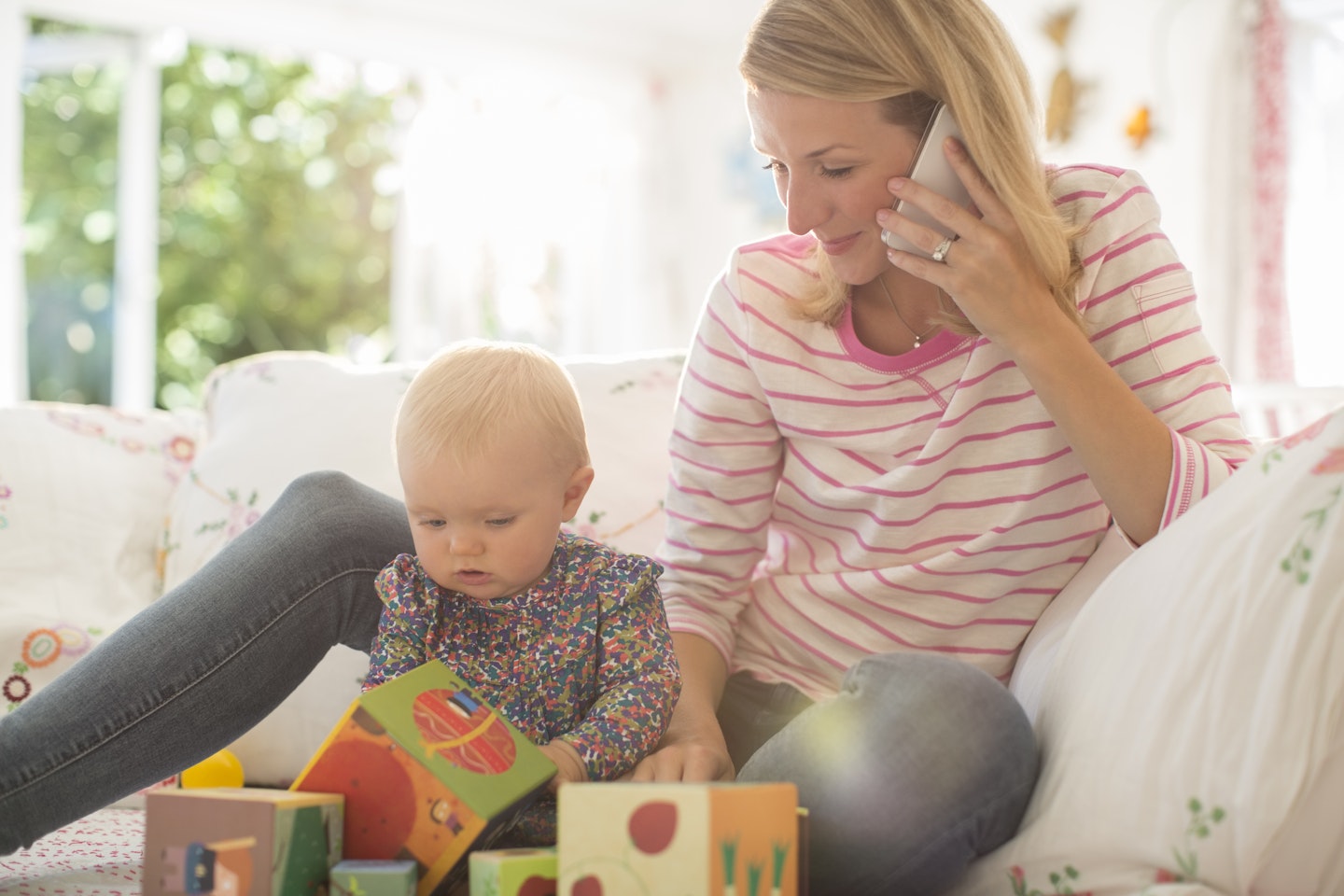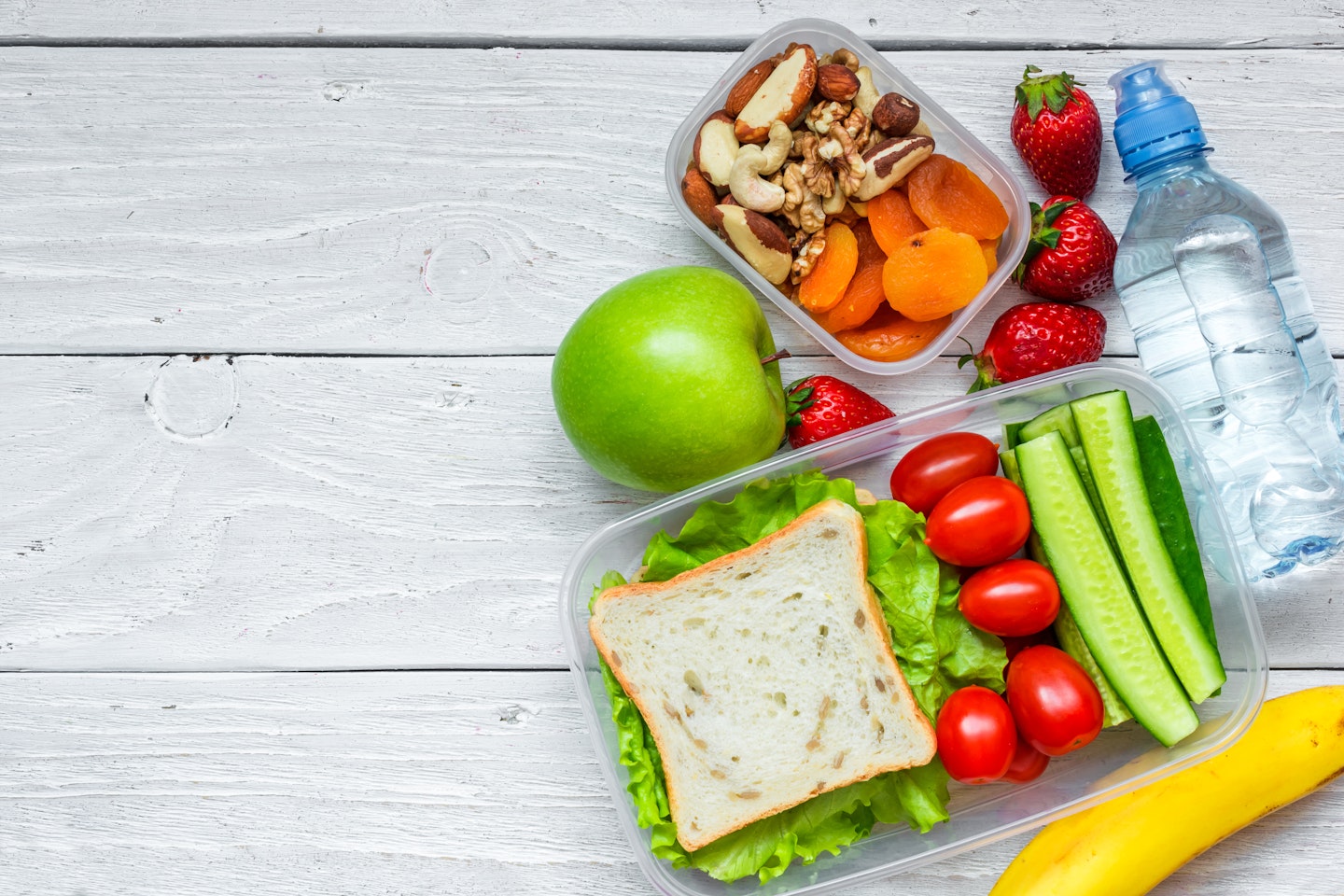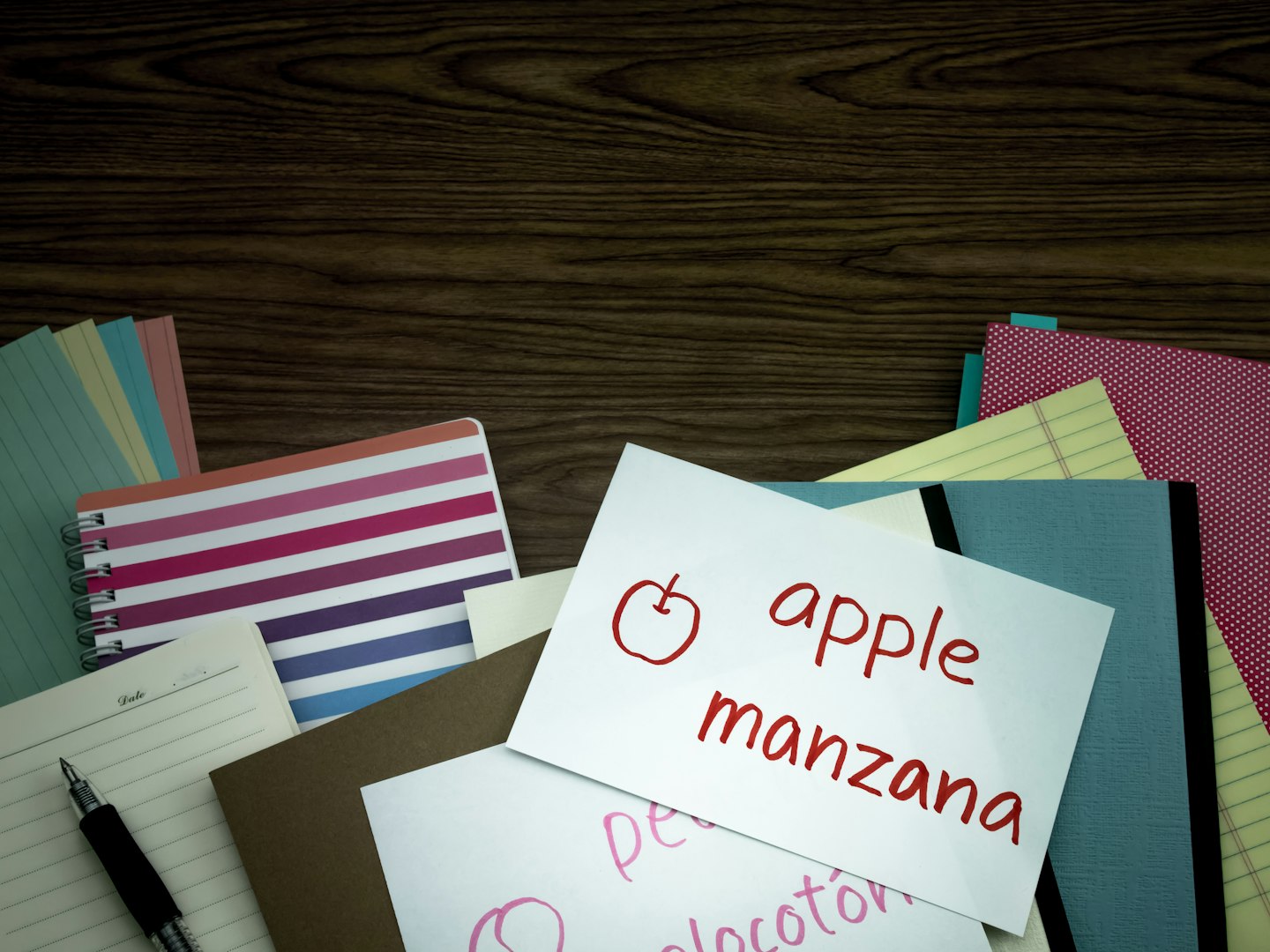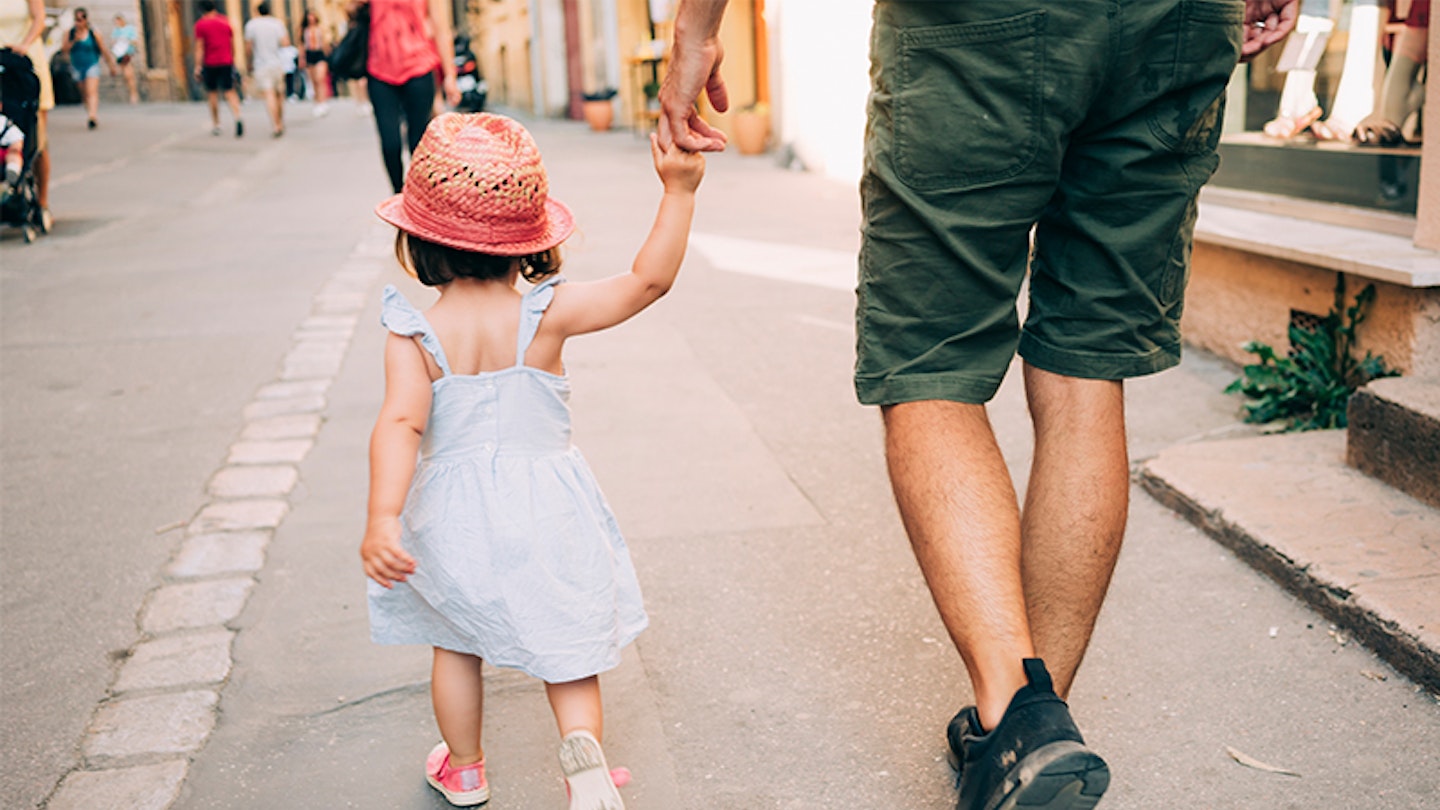A family holiday abroad naturally turns us into a detective that would rival Sherlock Holmes.
Which suncreamis best? What's the optimum amount of nappies to pack? What if they don't like the food? How on earth do I keep them occupied on a plane?!
If your child has allergies, then a holiday can begin to feel worrisome.
Good news: your little one doesn't have to feel left out on your holiday and you definitely don't need to worry for the entire trip.
Whether your little one suffers from a nut allergy, milk or wheat allergy, here are five ways to make travelling stress-free...
Read more: The best travel cots for babies and toddlers
How to make travelling easier with a child with allergies:
traveling with allergies
 1 of 5
1 of 51) Plan ahead
Planning your trip is always a good idea so that you can be prepared. Write a list of your little ones dietry requirments and their favourite foods and meals so that you have an idea of what to look for in your holiday.
Research the area you're traveling to and find out what local shops are near where you are staying, that way if you need to pop to the shop you get food or drinks for your little one, you know where to go!
 2 of 5
2 of 52) Contact your airline or hotel
Keep in touch with your travel rep (if you have one) and ask questions about the local area and hotel. It's important to let your airline know if your child has an allergy, especially if it's a nut allergy that can cause a reaction from being airborne. Also, by contacting them you could be allowed extra baggage allowance to pack snacks, foods or drinks for your little one to help you through your journey and until you come home!
Contacting your hotel yourself is also a great idea. You can find out if they cater for certain allergies and dietry requirements so that you know in advance whether you might need a trip to the shops! Some hotels are really good with allergies, and if your little one has a milk allergy the ice cream man at your hotel might let you keep a few dairy free icecreams in the freezer!
 3 of 5
3 of 53) Get a doctors note
Keep a little folder or wallet of important documents with you at all times just incase your little one has a reaction. A doctors note can help with traveling, as note all departments in an airport will know if you have extra baggage allowance or the reason behind it, so it helps avoid all the stress of having to explain your little ones allergies or justify why you have certain food or drink products in your bag! Depending on your doctor, you might have to pay for this.
 4 of 5
4 of 54) Pack plenty of snacks
You might be able to extra luggage allowance if you contact your airline before your flight, but even if you can't make sure that you pack plenty of snacks that your little one can eat! If you can squeeze anything extra into your suitcase, pack a few allergy-friendly ready meals that you know your little one loves, just incase you can't get to a shop the first day you're there.
 5 of 5
5 of 55) Make a translation card
If you're traveling to a country where you can't speak the language, a translation card will make communication in shops, restaurants and at your hotel a lot easier! On one side, write in english that your child can't have food containing the product your child is allergic too, due to them having an allergy. On the other side of the English version, have the exact same note in the language of the country you're going to, such as Spanish.
By doing this you can easily show others without trying to explain with the few words you might know and will help highlight the seriousness of the allergy.
Now read:
Your complete guide to planning your best family holiday yet
Dairy-free meal ideas for your toddler that won't cost the earth
